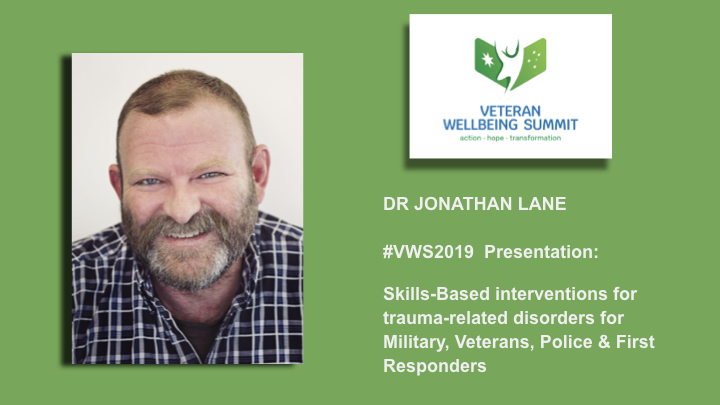Trauma and trauma-related mental health disorders are common within Military, Veteran, Police and First Responder personnel. These population groups are culturally specific, with a range of shared experiences, values, and identity, which may be a reason for the difficulties associated with current treatment programs. This research focused on the evaluation of a skills-based program for emotional regulation and interpersonal relationships, delivered from a culturally appropriate perspective. The program was group-based in order to normalise typical reactions to trauma, and to develop more adaptive coping mechanisms to support recovery and individual functioning. The program was developed by a clinician with lived military experience and focused on normalising reactions to abnormal life and occupational experiences. The key to the positive outcomes for the program were the utilisation of lived experience, and the normalising of adaptive and functional responses.
The discussion of this skills-based intervention describes the importance and utilisation of lived experience in management of trauma-related mental health disorders. The intent is to develop a peer-led counselling structure to deliver the program, therefore providing a means of allowing service members to give back to their community. These peer counsellors will be working within mainstream mental health organisations, but delivering a generalised, skills-based intervention for emotional and relationship management. This is transformative in that it provides a practical and non-pejorative program for veterans that is delivered by veterans, for veterans, solely focussed on helping them understand what has happened to them, and to recover from it.
This webinar took place 7 PM AEST, Thursday, 22 August 2019
Referenced in the webinar:
AT-Ease is the Australian Government’s health and wellbeing portal for veterans and their families.
More about Dr. Jonathan Lane
Dr. Jon Lane enlisted as a soldier in the Army in 1989. After working as a soldier for 10 years and finishing a Psychology degree he then completed his Medical Degree at University of Tasmania as an Army sponsored Undergraduate student in 2004. In 2013 he was deployed to the Middle East Area of Operations, working with the US Mental Health Team at the NATO Role 3 Multi-National Medical Unit in Kandahar, Afghanistan, as the first ADF psychiatrist to be directly embedded with US forces. In 2015 he spent 6 weeks at various facilities in the US looking at Military and Veteran’s Mental Health for a Churchill Fellowship. He is still an active member of the Army Reserve and was the Archery Coach for the 2018 Australian Invictus Games team.
He is now also completing a PhD in Peer Led group treatments for Military, Veterans, Police and Emergency Services personnel through the Centre for Traumatic Stress Studies at the University of Adelaide with The Road Home and Mates4Mates.

